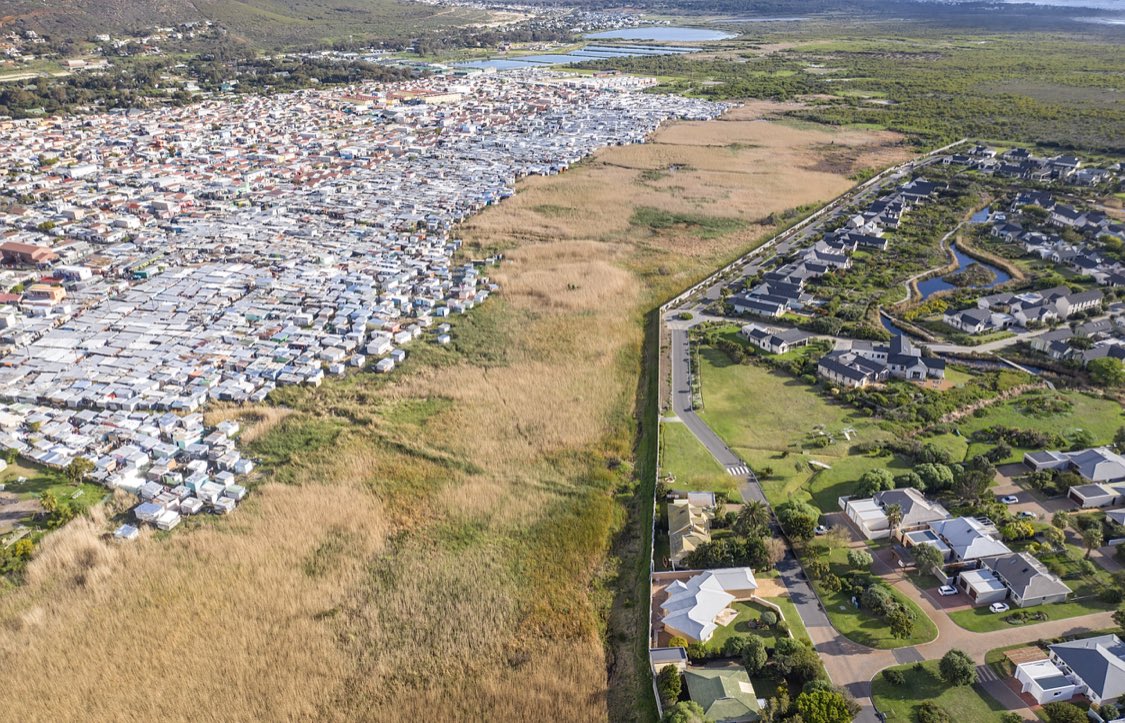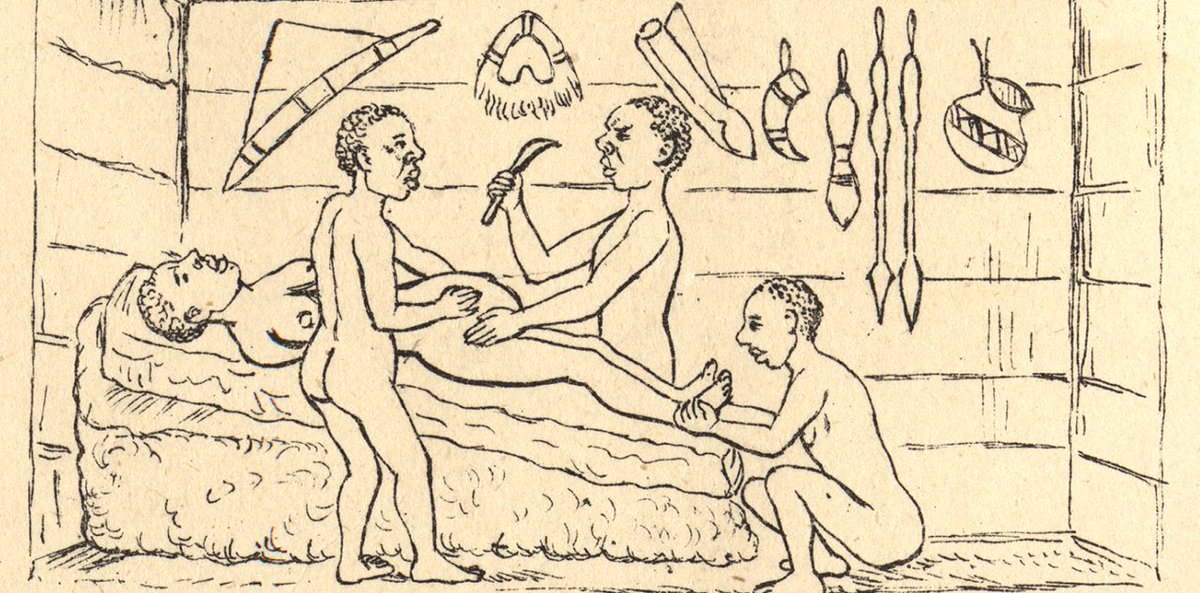
BBC News Presenter & Correspondent | Africa focus | Stories, systems & how they shape what we see
2 subscribers
How to get URL link on X (Twitter) App


 2/ Botswana is the world’s second-largest diamond producer, responsible for about 20% of global diamond output (Russia is first). Diamonds contribute to around 25% of its GDP and 80% of exports. But with prices dropping and synthetic diamonds on the rise, this dependence is becoming risky. (Source: )shorturl.at/9fwQl
2/ Botswana is the world’s second-largest diamond producer, responsible for about 20% of global diamond output (Russia is first). Diamonds contribute to around 25% of its GDP and 80% of exports. But with prices dropping and synthetic diamonds on the rise, this dependence is becoming risky. (Source: )shorturl.at/9fwQl




 The report (Published March 2022): documents.worldbank.org/en/publication…
The report (Published March 2022): documents.worldbank.org/en/publication…

 The drama some athletes have faced getting to the World Athletics Championships in the US highlights the visa problems faced by Africans especially. The crazy thing is, Africans donate millions to rich countries every year through high visa fees (which aren’t even reciprocal)
The drama some athletes have faced getting to the World Athletics Championships in the US highlights the visa problems faced by Africans especially. The crazy thing is, Africans donate millions to rich countries every year through high visa fees (which aren’t even reciprocal)




 In 2003, China committed US$18 million for a new parliament building in Guinea-Bissau. It was completed two years later, but reports stated that the actual cost of the building was only US$6 million.
In 2003, China committed US$18 million for a new parliament building in Guinea-Bissau. It was completed two years later, but reports stated that the actual cost of the building was only US$6 million.

 In 1879, Scottish medical anthropologist Robert W. Felkin witnessed a cesarean section performed by a Ugandan surgeon on a young woman in the Bunyoro kingdom. The patient recovered well, and Felkin concluded the technique was well-developed and had existed for a long time.
In 1879, Scottish medical anthropologist Robert W. Felkin witnessed a cesarean section performed by a Ugandan surgeon on a young woman in the Bunyoro kingdom. The patient recovered well, and Felkin concluded the technique was well-developed and had existed for a long time.